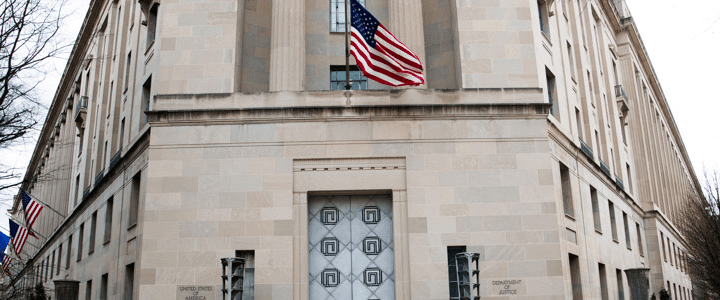If you’re awaiting a final security clearance determination, one of the biggest frustrations is the lack of information regarding security clearance status. Security clearance eligibility isn’t as simple as ‘approved’ or ‘denied.’ The Defense Security Service (DSS) Personnel Security Management Office for Industry (PSMO-I) outlines the various security clearance statuses:
INTERIM DETERMINATIONS
An interim security clearance determination is made based on a review of the Advanced National Agency Check (NAC) results. Below are the stages of the interim security clearance process:
- Scheduled investigation
- Favorable review of the SF-86
- Favorable fingerprint check
- Proof of U.S. citizenship
- Favorable review of the local records, if applicable
ACTION PENDING
Action pending is a broad label that would apply to the investigative stages of the security clearance process. If your’e a part of the backlog, and particularly among those waiting a year or more for a final determination, your security clearance status is likely ‘action pending’ for much longer than you’d prefer.
ELIGIBILITY ADMINISTRATIVELY WITHDRAWN
This label generally applies to individuals who have applied for a security clearance but then decided to leave the position, or found other employment. It may also apply to individuals who began the process but due to suitability concerns, a change in contract, or other issues, the company decided to let the person go from the position.
ELIGIBILITY PENDING
Eligibility pending is generally the status of those whose investigation is complete, but are awaiting an adjudication from their agency.
WITHDRAWAL OF INTERIM CLEARANCE ELIGIBILITY
An interim security clearance can be withdrawn if adverse information is discovered or reported after a favorable interim clearance is granted.
LOSS OF JURISDICTION
Loss of jurisdiction is the ultimate security clearance limbo. It generally applies to individuals who have been fired for a job for cause, and an issue related to one of the adjudicative criteria is indicated with their removal. This may include misuse of IT systems, criminal behavior or personal conduct issues. The individual will be unable to begin a new cleared position without addressing the issue creating a red flag in their security clearance eligibility.
NO DETERMINATION MADE
No determination made would apply when the PSMO-I or adjudicator has requested follow-up information required for providing a determination, or if a suitability determination is being awaited.
POSITION OF TRUST
If you have a position of trust, you have been granted access to classified information at the level required.
DENIED OR REVOKED BY DOHA
If your security clearance has been denied or revoked by the Defense Office of Hearings and Appeals (DOHA), that status will be indicated in your security clearance system of record. Generally, you must wait two years before you reapply for another cleared position.
DENIED OR REVOKED FOR SENSITIVE COMPARTMENTED INFORMATION (SCI)
You may be granted security clearance eligibility and still be denied access to SCI, a more sensitive category of information. If SCI access has been denied, that will be indicated.




